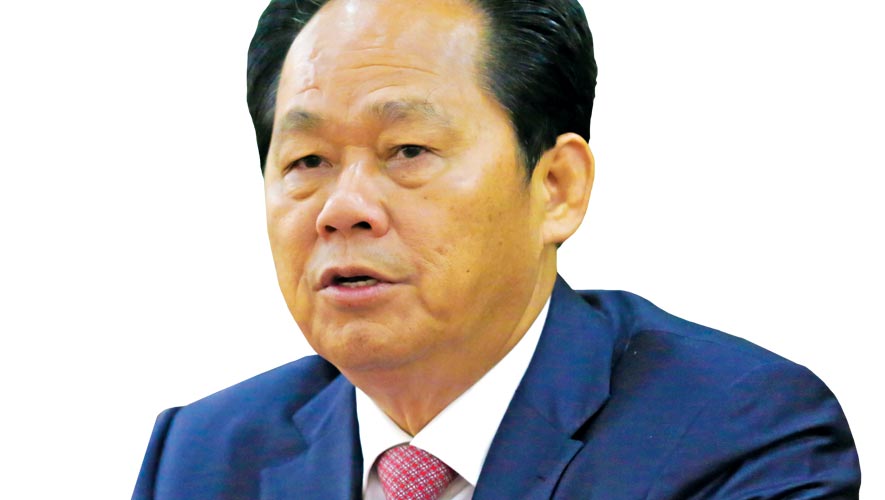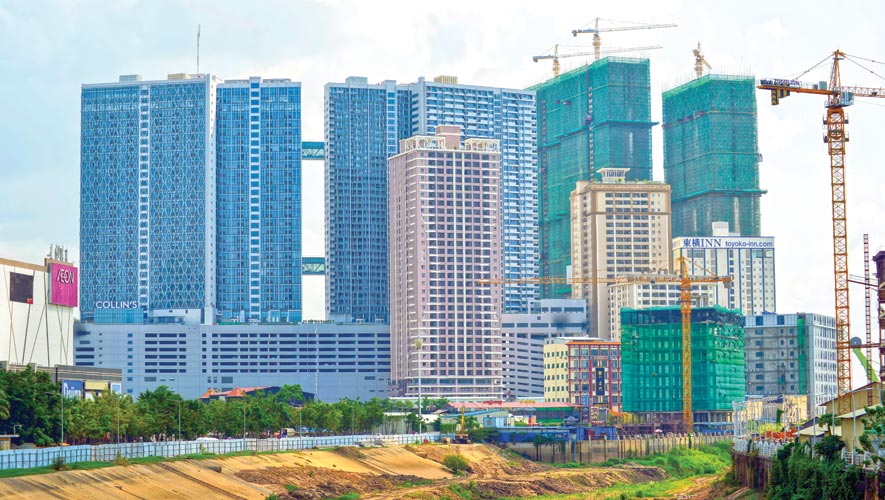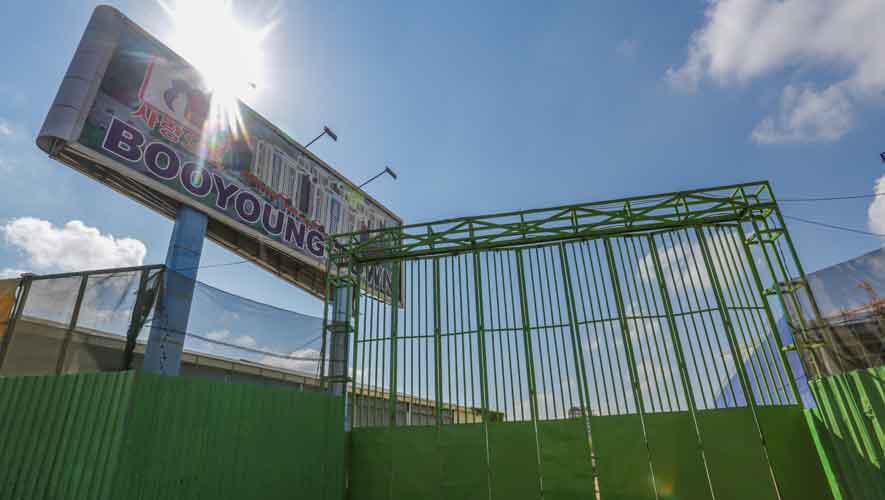Amid a building boom in Cambodia and rising concerns over site safety, the call for insurance coverage cannot be ignored by contractors and developers alike, say authorities
For the latest Cambodian Business news, visit Khmer Times Business
The Sihanoukville building tragedy on June 22 that killed 28 people and injured scores of workers has prompted a series of action sby the government. This includes the need for sites to be fully insured.
In early July, Deputy Prime Minister Chea Sophara warned that construction insurance is the one of the obligations construction companies must fulfil.
Drastic growth in this sector over the last five years has demanded the need for management and compliance with the laws and technical standards to preserve safety and quality.He reportedly said that developers must also have a construction business licence issued by the Land Management Ministry, City Hall or provincial department of land management.
Contractors must have a building contract with the project owner and an employment contract with employees and workers, and avoid working on projects with no building permits.
“They must have action plans, building work schedules and certificates of insurance for construction sites from the companies registered in the Kingdom,” Sophara says.
‘Unaware and ignorant’
Despite the presence of the Insurance Law 2000 and a sub-decree that compels construction companies to buy insurance for projects, many developers, construction site owners and contractors are not aware of it or refuse to abide by it.
Forte Insurance (Cambodia) Ltd Managing Director Youk Chamroeunrith says that construction insurance is designed to cover risks including property damage, loss of lives and injuries, during construction. Forte Insurance, which has been operating in Cambodia for 20 years, started offering construction insurance policies last year.
“To be fair, some big construction sites have insurance but the small sites do not seem keen or are unaware of the law. We also find that some developers and contractors [who know the law] fail to understand the gravity of the matter,” Chamroeunrith says.
In 2018, Forte Insurance sold 766 policies that insured construction and infrastructure projects, such as roads, bridges, and power plants. It collected $3.3 million in insurance premiums last year.
It expects to collect $4 million this year on the back of big projects, including the $2 billion Expressway Number Four from Phnom Penh to Sihanoukville, and National Road Five (Phnom Penh to Banteay Meanchey).
According to a World Bank report, investments in construction, real estate and the tourism sector, accounted for 60 percent of $5.8 billion total investment in 2018. Two-thirds of that investment were made up of foreign direct investment (FDI). FDIs have grown by 24.8 percent, reaching a record high of $3 billion or 13.4 percent of gross domestic product.
The report also notes that approved residential and commercial development projects (excluding mega projects of $1 billion or more) grew 14 percent to $4.6 billion.

Building projects boom
From 2000 to May 2019, Cambodia recorded 45,265 projects valued at $44.5 billion, says a report by the Land Management, Urban Planning and Construction Ministry. However, in the first four months of 2019, 1,420 real estate projects with a total value of $2.7 billion were approved, representing a sharp year-on-year increase of 67.3 percent from 1,171 projects over the corresponding period last year.
Taking this into account, the European Chamber of Commerce’s White Book 2019 notes that Cambodia’s flourishing construction sector could lead to an increased likelihood of accidents from negligence at worksites. This also widens the probability of legal recourse brought on by affected parties.
As such, companies operating within the sector must recognise how they can manage and mitigate their risks throughout the construction process.
If a project does not have adequate insurance coverage, the owners and others connected to it might be liable for damages, which can affect a project’s viability, budget and timeline. In some cases, the impact can result in the abandonment of the project.
The White Book suggests that enforcing compulsory civil liability insurance might provide additional benefits to the Cambodian economy. Foreign parties that are not able to obtain insurance would need to partner with local companies that would assume their liability.
This could result in knowledge transfers to Cambodian companies and solidify partnerships with foreign experts.
Insurance policies can cover the damage in the construction sector and ensure financial stability for construction companies, protect people who live near construction sites and their workers, says Suos Vibol, marketing director of East Insurance Plc, a subsidiary of Guangzhou Yuetai Group Co Ltd.
Unable to state the number of Chinese companies that have insured construction sites, he however hopes that there will be a surge in insurance package purchases soon.
“If the government strictly enforces the law, more construction companies would come onboard,” he adds.




